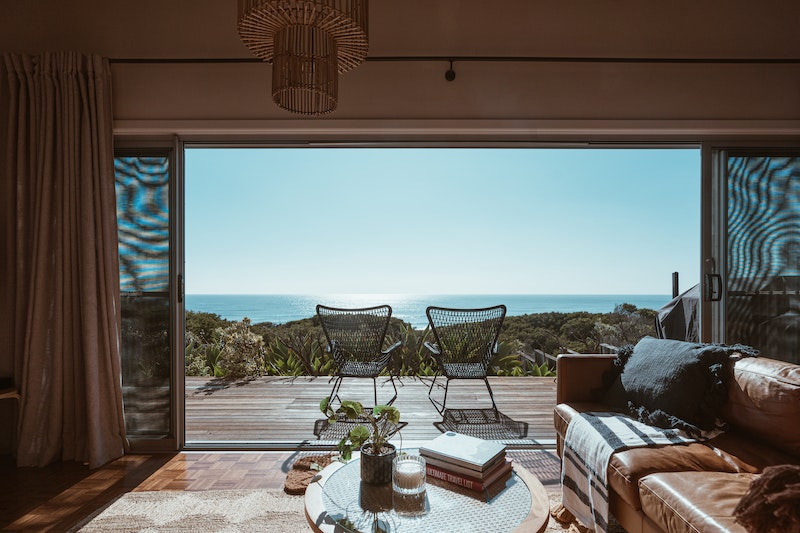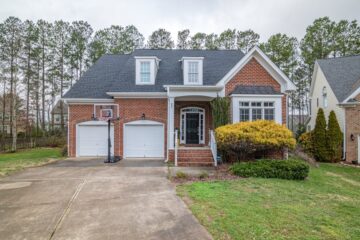Are you thinking about buying a vacation home? It’s an exciting prospect, but before diving in, consider a few crucial factors. Buying a summer house offers a world of possibilities, but navigating the financial landscape wisely is essential. Assess your budget and explore financing options like mortgages or fractional ownership. Location plays a pivotal role, too; find the perfect spot with proximity to attractions, easy accessibility, and a climate that suits your preferences. Don’t forget to weigh property types, desired amenities, and potential rental income. Legal considerations, lifestyle preferences, and security also deserve careful thought. Let’s delve into what to consider when making this investment.
Financial Considerations
When it comes to buying a summer house, financial considerations are paramount. First, determine your budget, taking into account not just the purchase price but also ongoing expenses like maintenance, utilities, and taxes. To finance your dream getaway, explore mortgage options or consider paying in cash or fractional ownership.
In addition to that, think about the potential return on investment (ROI) by assessing the property’s rental income and future resale value. Location-based financial factors, such as property taxes and insurance rates, should also be factored in. Understanding the market trends and estate appreciation in your desired area will help you make a sound financial decision.
Moreover, it’s essential to carefully evaluate your financial stability and long-term goals to ensure that buying a vacation home aligns with your overall financial plan. Consider consulting with a financial advisor to gain insights and make informed decisions. By conducting a thorough financial analysis, you can determine the feasibility of owning a summer house and make a purchase that suits your budget and financial objectives. Remember, a well-planned and financially sound approach will enhance your enjoyment and peace of mind as a summer house owner.

Location and Accessibility
Location and accessibility are crucial factors to consider when buying a vacation home. To find the right property, start by choosing an ideal vacation destination. Think about proximity to attractions, activities, and the climate that suits your preferences. For example, if you’re looking for a perfect vacation property to purchase in Florida, you’ll want to prioritize beachfront access and warm weather. Accessibility is also key; consider the distance from your primary residence and the availability of transportation options, including airport access. By carefully assessing location and accessibility, you can ensure that your summer house is conveniently located and offers easy access to the experiences and amenities you desire.
Property Type and Amenities
When it comes to property type and amenities, you have options to consider for your vacation home. Different estate types offer unique benefits. Condominiums/apartments provide low-maintenance living, while single-family homes offer more privacy and space. Vacation communities often come with shared amenities like swimming pools and recreational facilities. Consider the amenities and features you desire in your summer house, such as beachfront access, mountain views, or outdoor spaces.
Additionally, think about the level of involvement you want in maintaining the property; you can choose between personal involvement or hiring professional estate management services. Evaluating estate types and amenities will help you find the perfect vacation home that suits your needs and preferences.

Legal Considerations
Legal considerations are vital when investing in a vacation home. First, familiarize yourself with local regulations and restrictions. Zoning laws and property usage regulations vary, so ensure the property aligns with your intended use. Some areas may have rental restrictions or require permits for short-term rentals.
Don’t forget to assess insurance coverage, including vacation home insurance and coverage for specific risks like floods or hurricanes. Be mindful of the tax implications, such as estate taxes and potential deductions. If you plan to rent out the property, explore potential tax benefits. Consulting with professionals and understanding the legal aspects will safeguard your investment and ensure a smooth ownership experience.
Security and Maintenance
To preserve your investment, give priority to property protection with measures like gated communities or security systems. Take into account home monitoring services for added peace of mind. Since you may not always be physically present, arrange for remote property management and ensure you have emergency contacts and local support.
Regular maintenance and upkeep are crucial to preserving the property’s value, so plan for it accordingly. A reliable maintenance team or professional property management can help promptly address any issues. By prioritizing security and maintenance, you can ensure a safe and well-maintained vacation home for your enjoyment and peace of mind.

Lifestyle and Personal Preferences
Considering your lifestyle and personal preferences is crucial when buying a vacation home. Think about the frequency and duration of your visits—will it be a part-time retreat or a full-time residence? Consider off-season factors too. Reflect on your hobbies and desired activities; choose a location that offers the recreational opportunities you enjoy. Access to nearby amenities and services is essential for convenience and a fulfilling experience.
Take into account your future plans and any family considerations. Determine if it’s a long-term investment or a legacy property. Accessibility for children, elderly, or disabled individuals should also be considered. By aligning the vacation home with your lifestyle and preferences, you’ll create a perfect retreat tailored to your needs.
Conclusion
Buying a vacation home requires thoughtful consideration and thorough research. By evaluating the financial aspects, location and accessibility, property type and amenities, legal considerations, lifestyle and personal preferences, as well as security and maintenance, you can make an informed decision. Remember to assess your budget, potential ROI, and location-based financial factors. Choose a property type and amenities that align with your needs and desires. Stay updated on local regulations, insurance coverage, and tax implications. Consider your lifestyle, plans, and family considerations. Prioritize security measures and establish a maintenance plan. With careful consideration, you can find the perfect vacation home that brings joy, relaxation, and cherished memories for years to come.



0 Comments